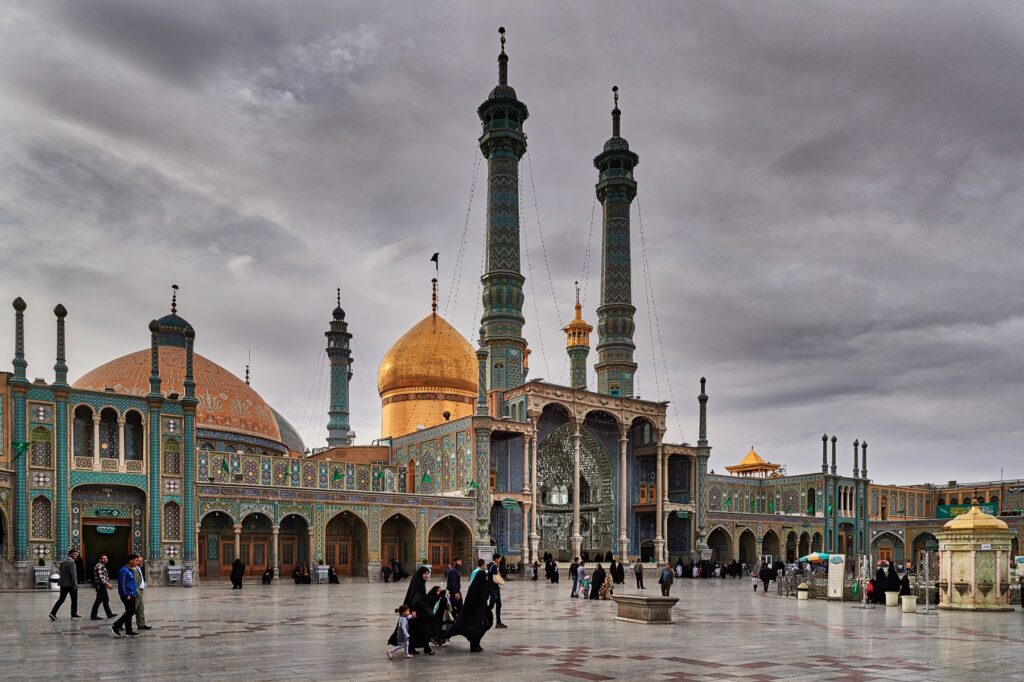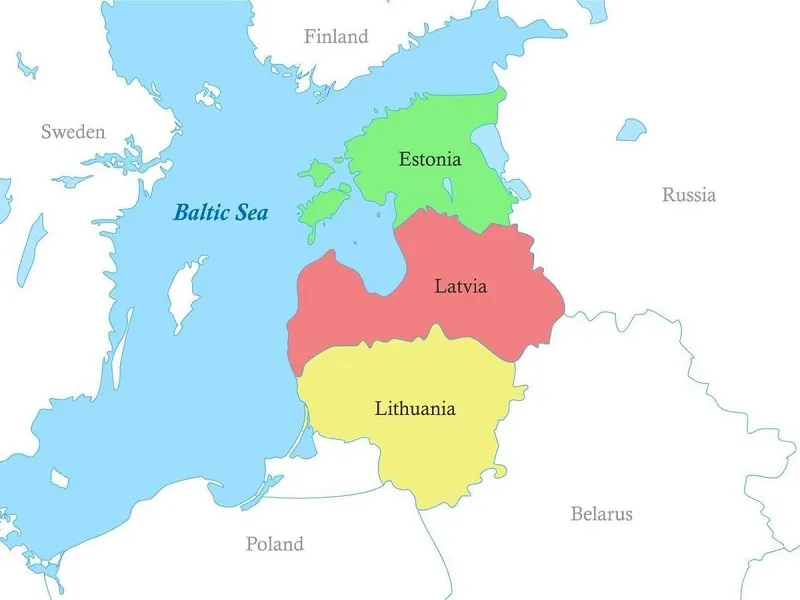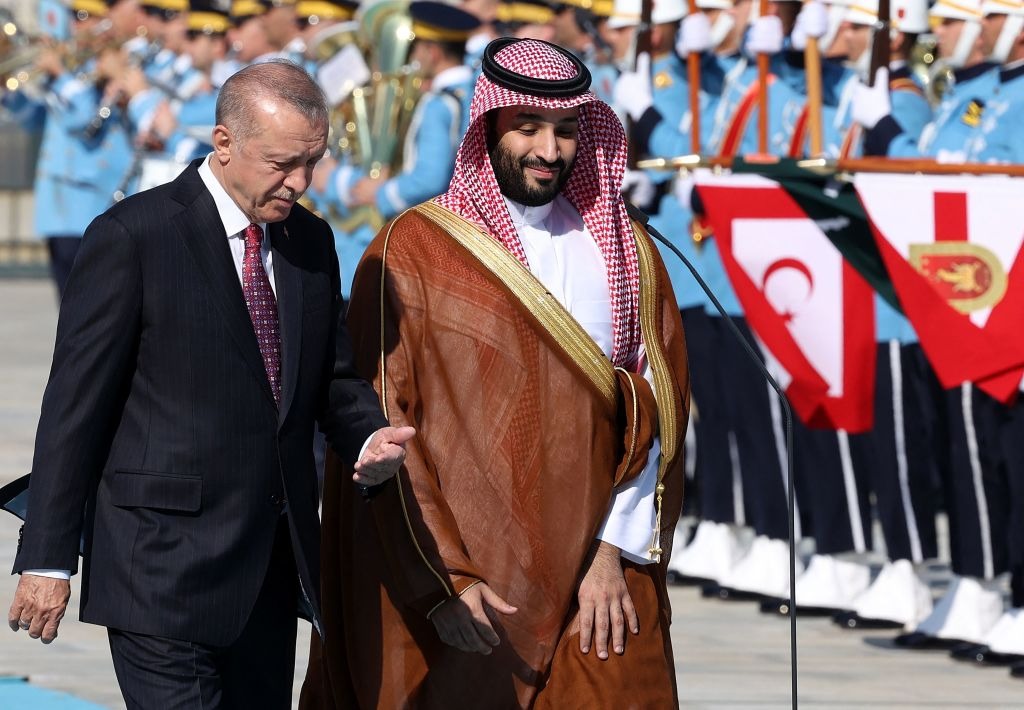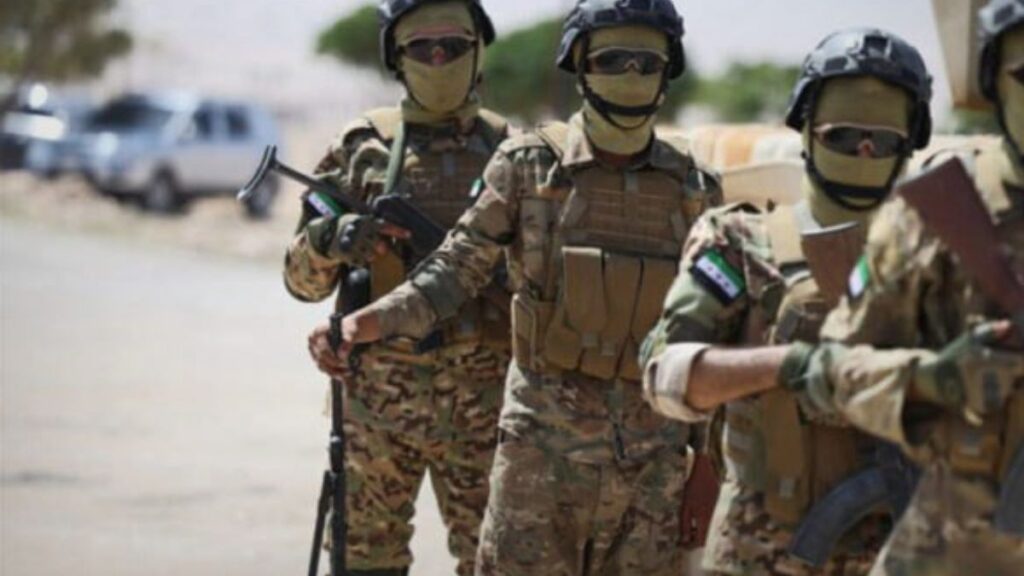Qui est le chef des Rothschild, et sont-ils juifs ?
En utilisant des ouvrages tels que « None Dare Call It Conspiracy » et « A Short Study of Esau-Edom In Jewry », nous examinons ce que signifie le terme « Juif » et si les Rothschild sont juifs comme cela est affirmé.






